19 Best Alcohol and Drug Rehabs in Colorado Springs, CO 2025
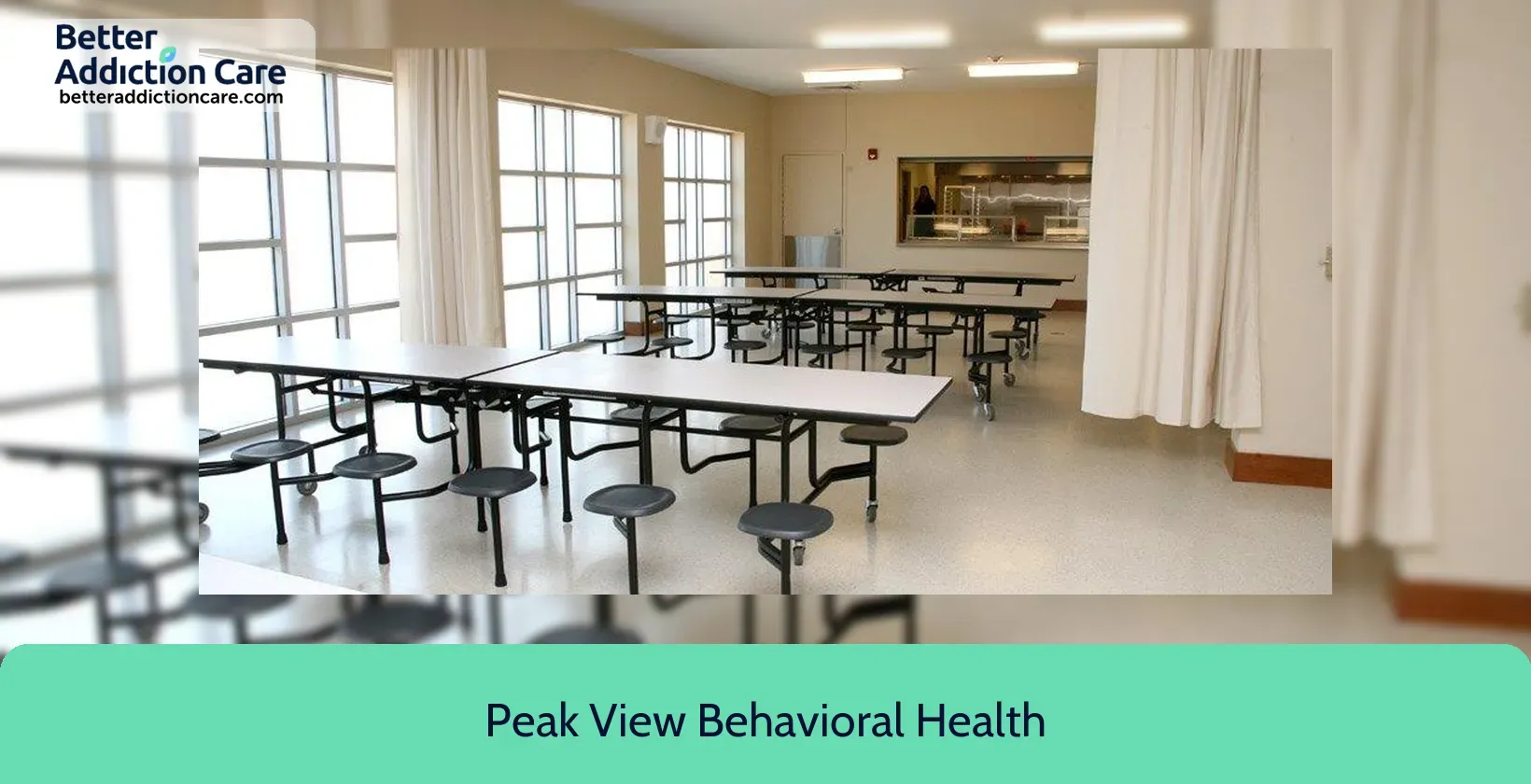
7.45
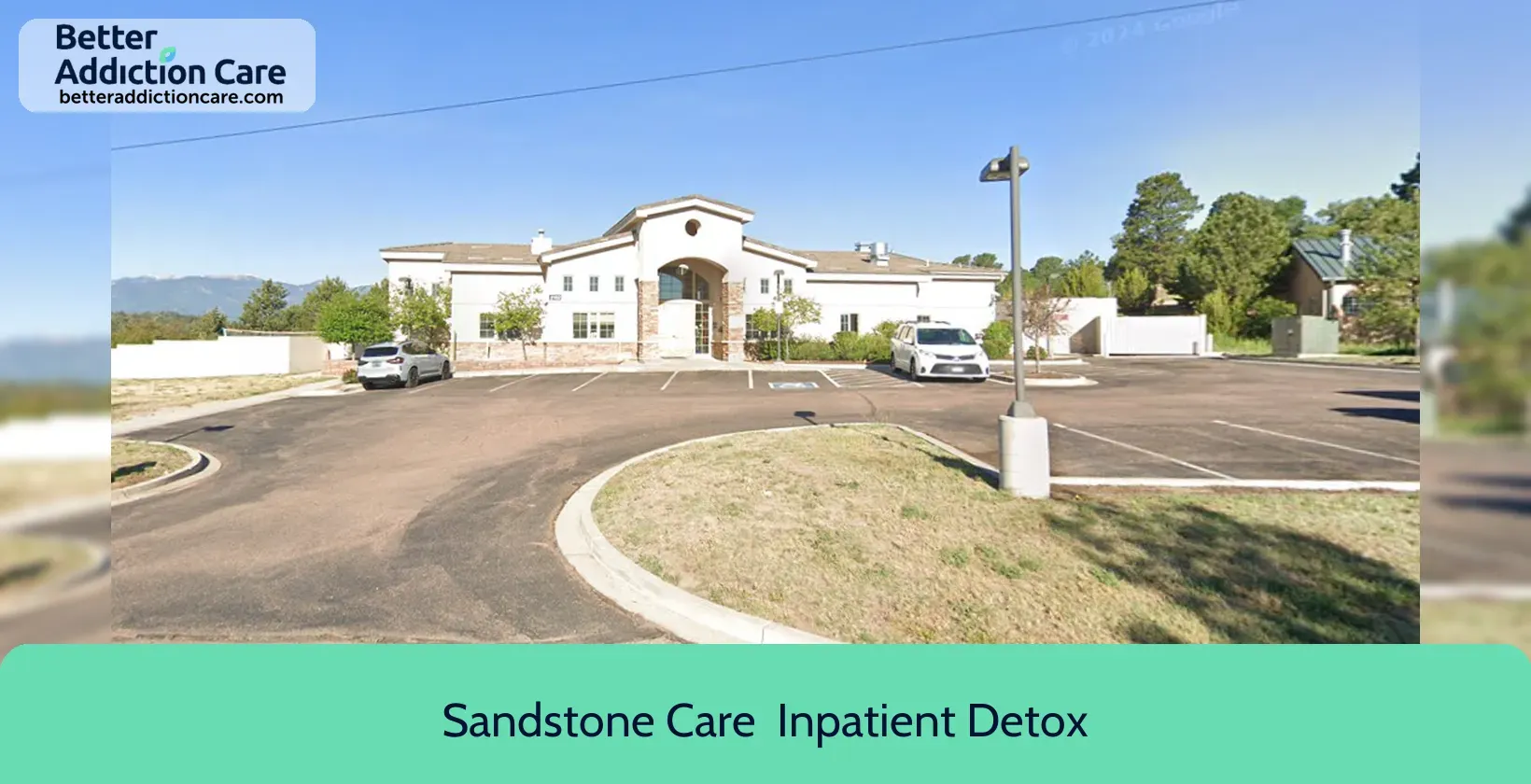
7.86
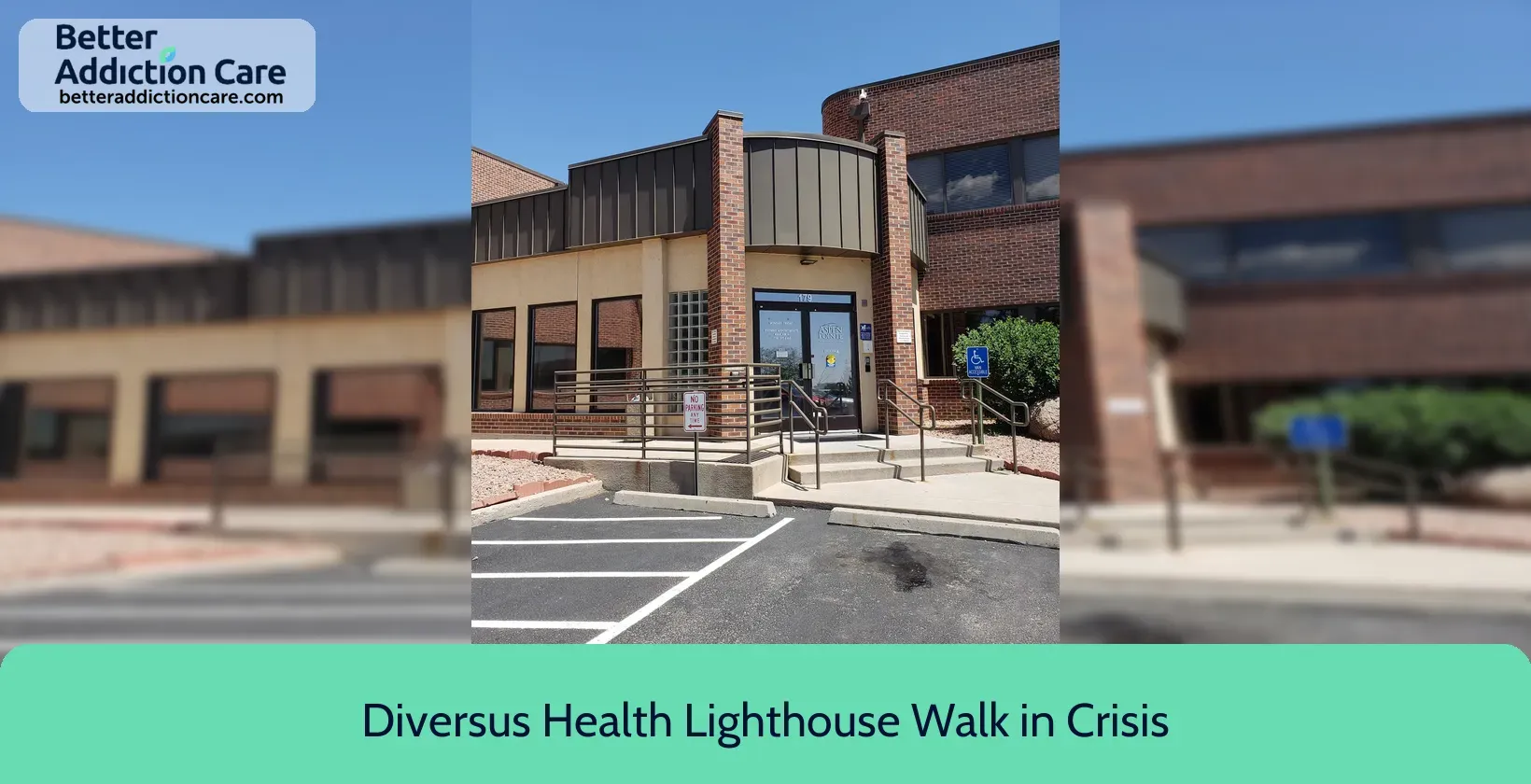
6.92
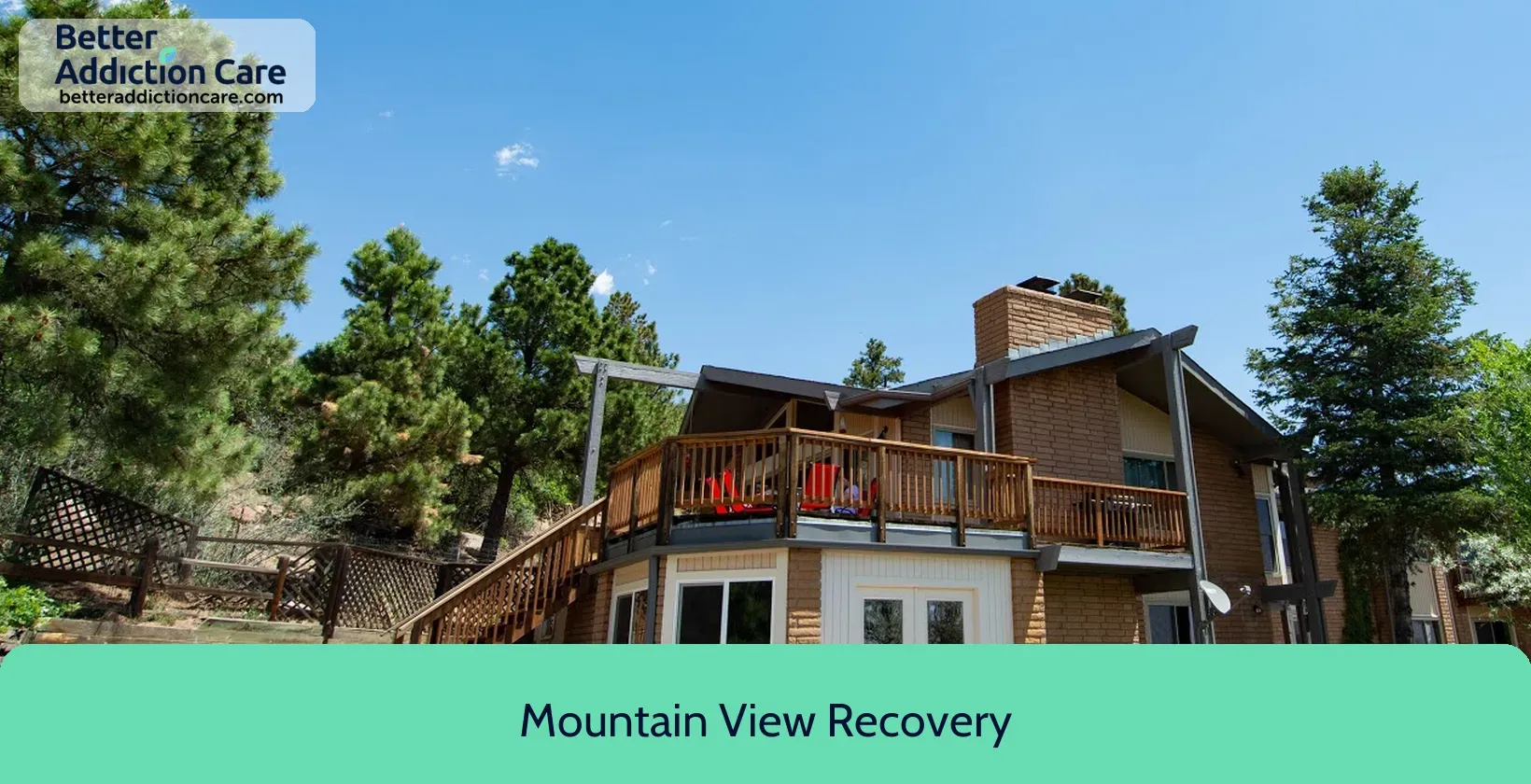
7.39
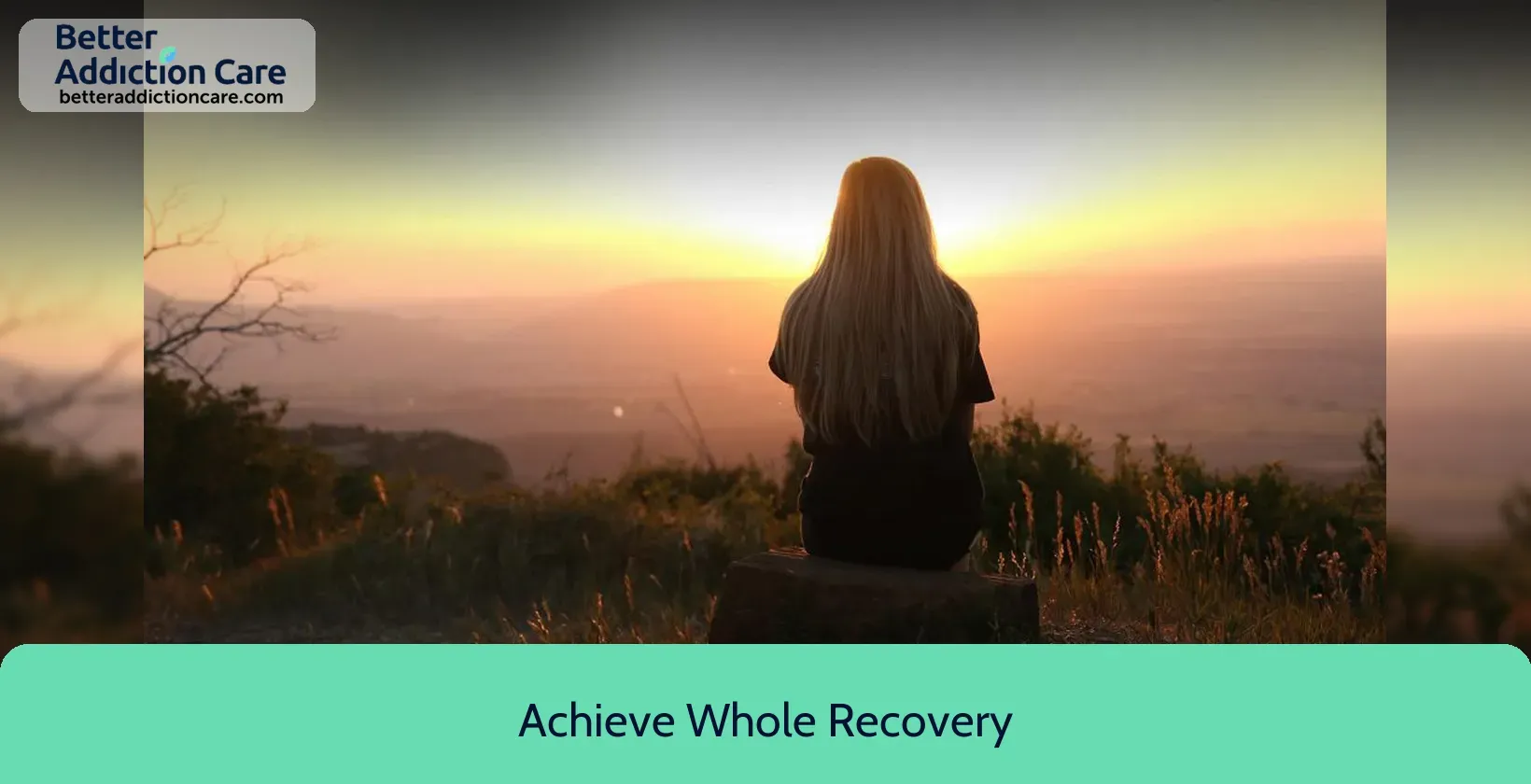
7.57
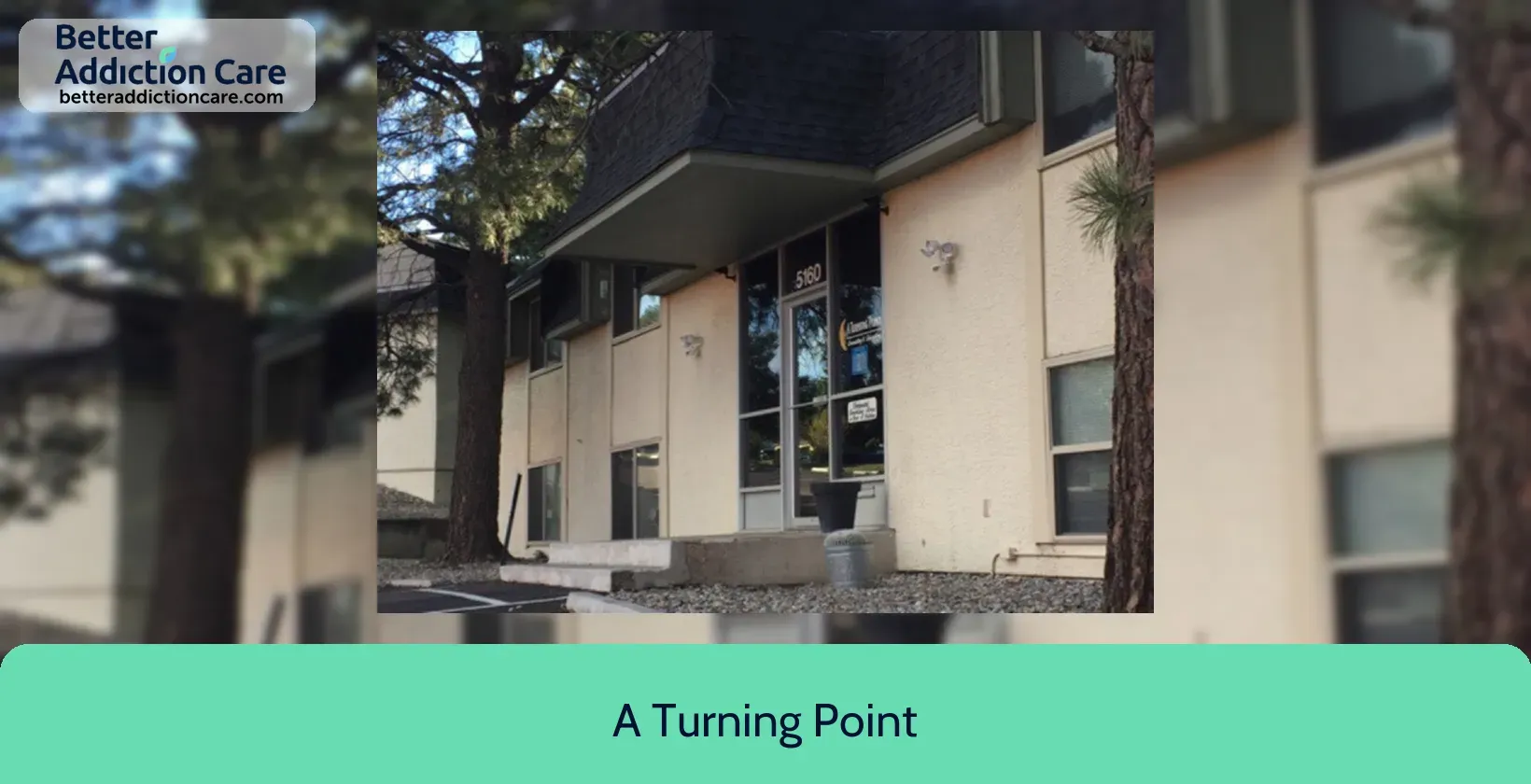
6.89
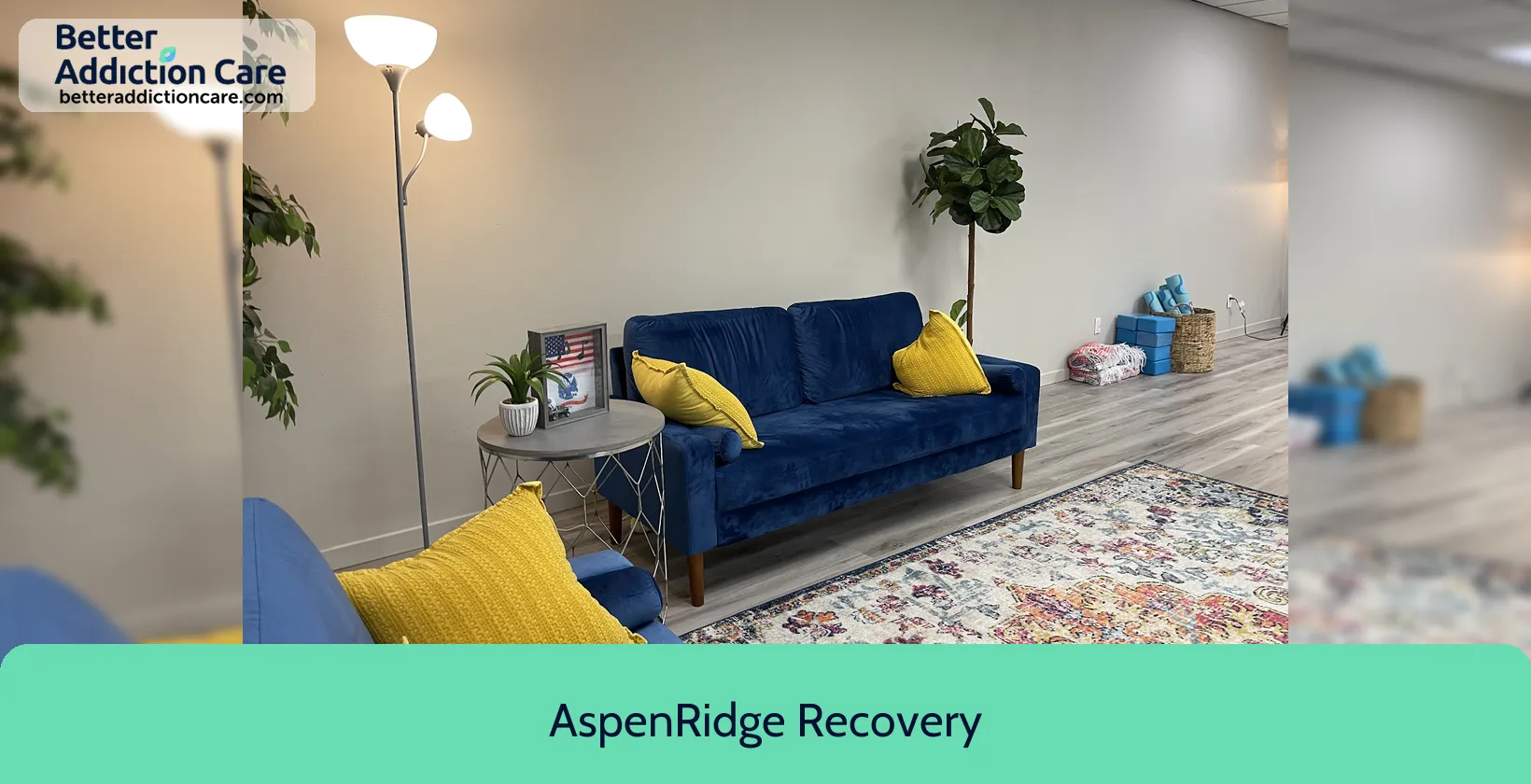
7.26

7.17
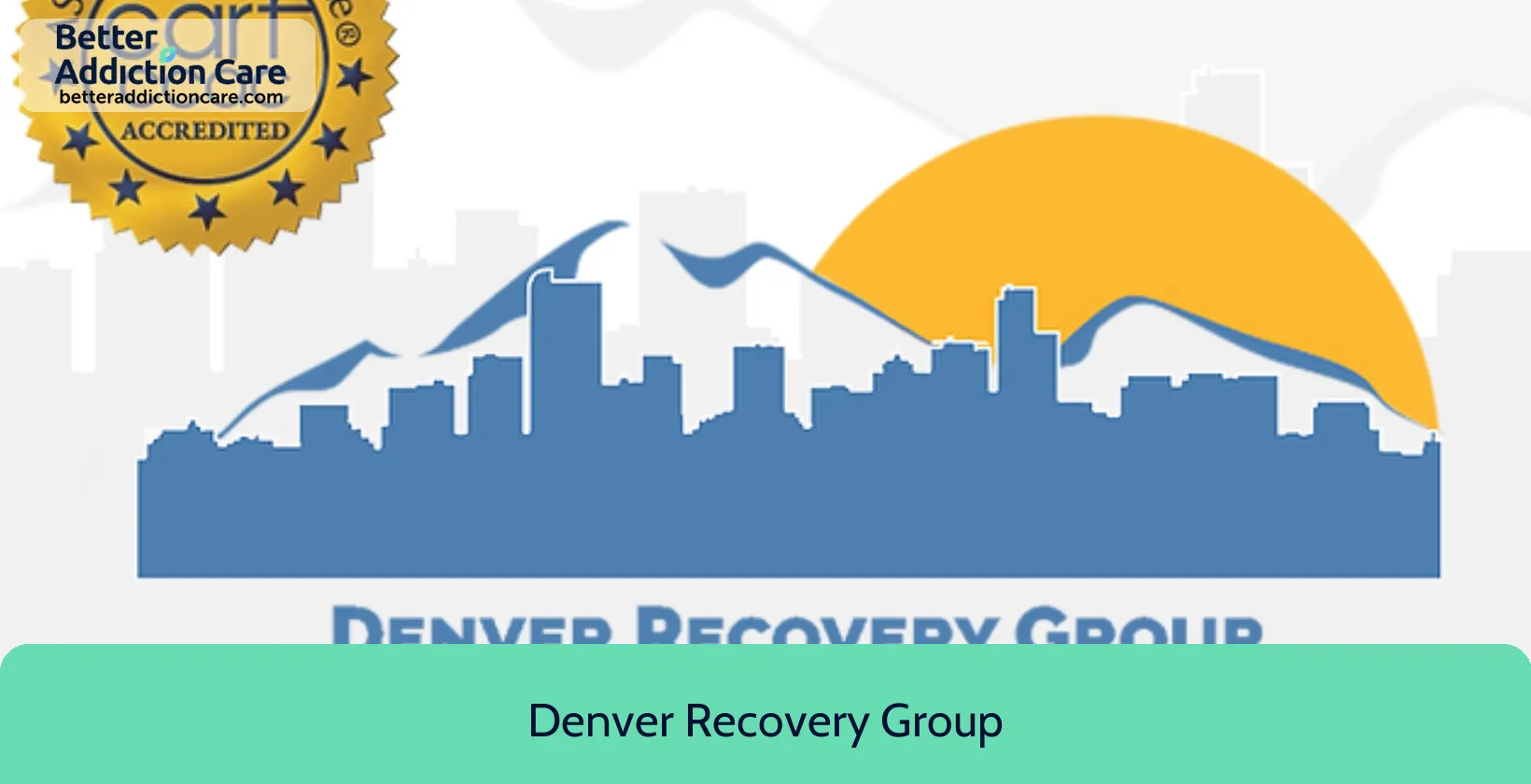
7.13
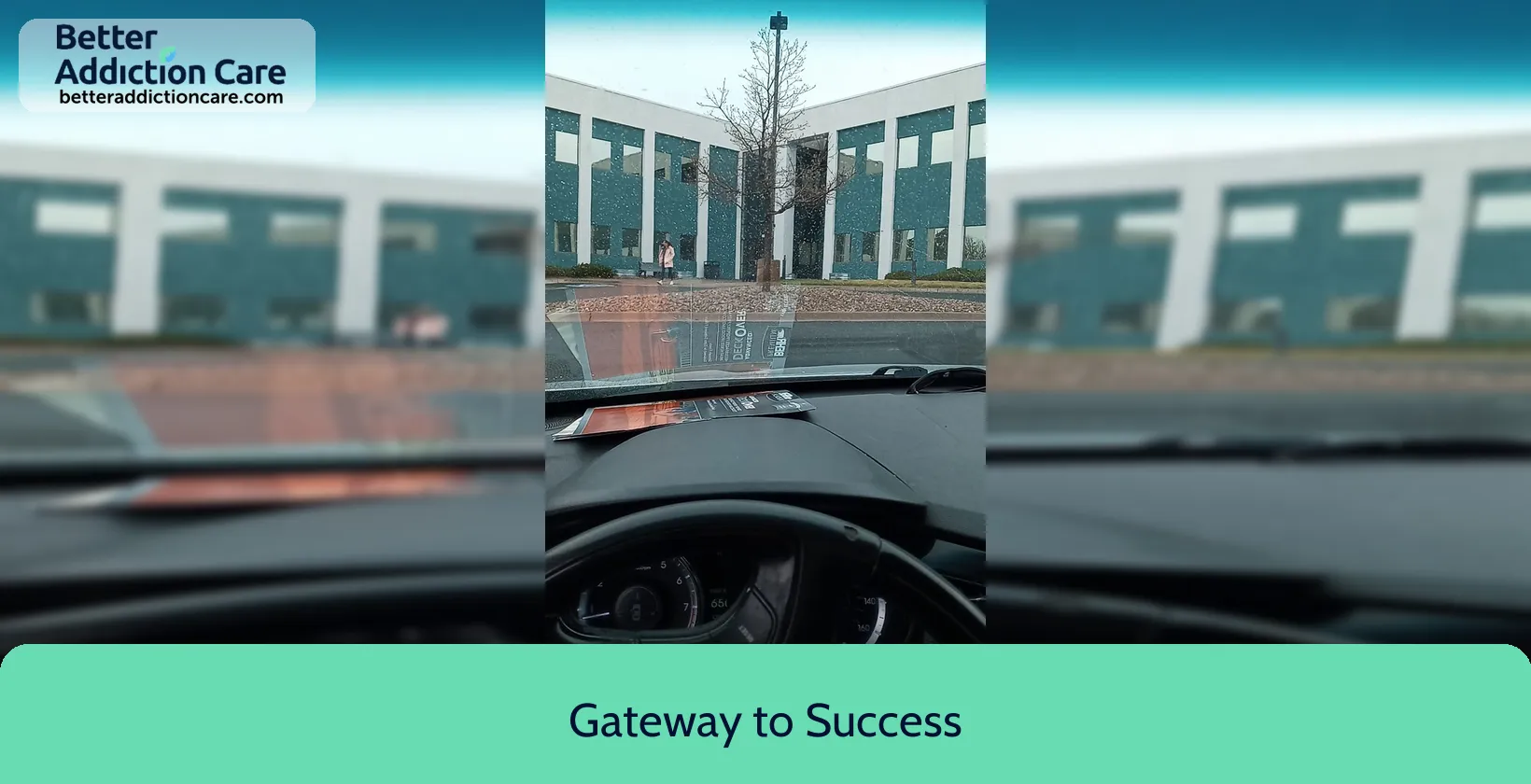
6.71

7.25
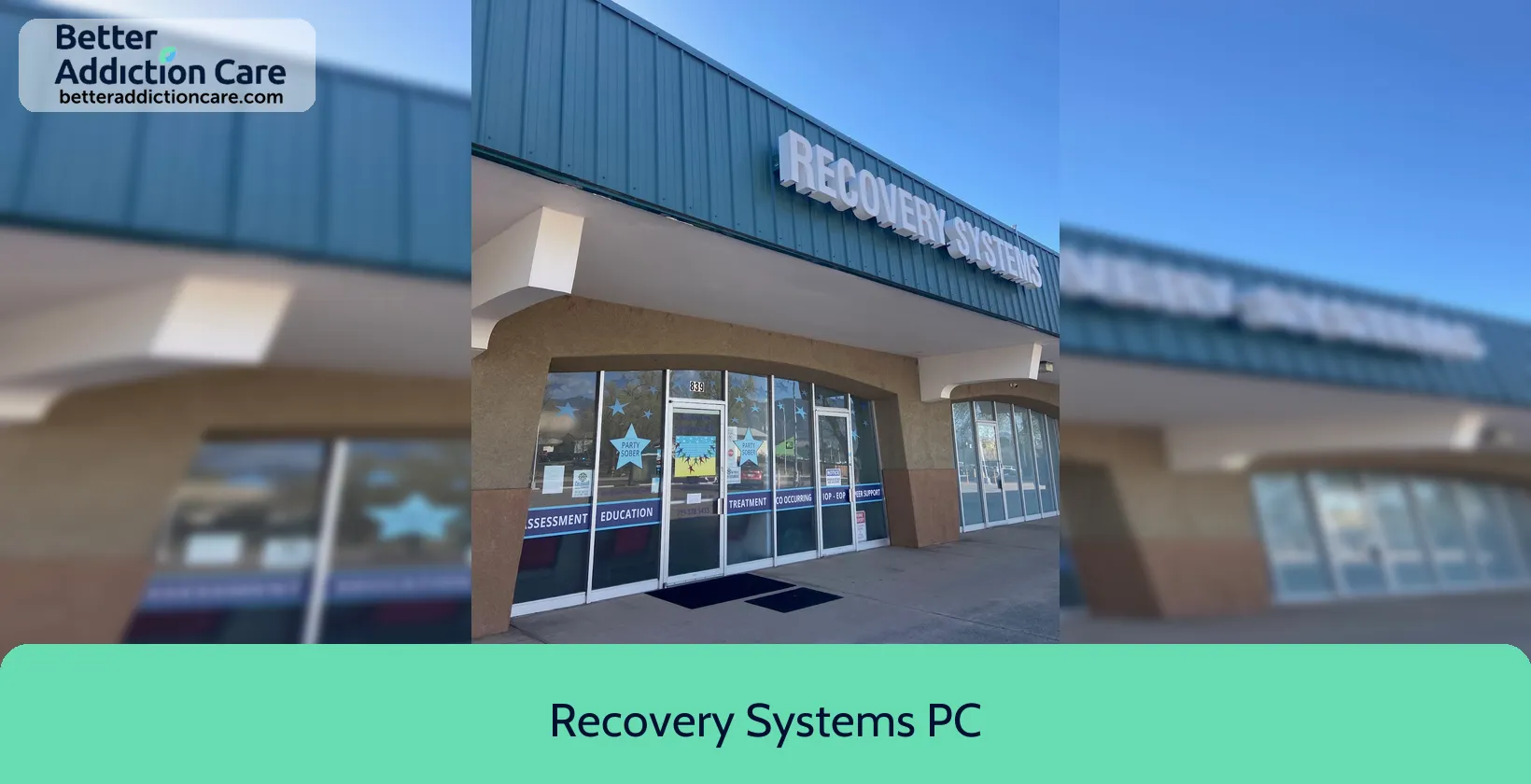
6.97

7.57

7.12

7.12

6.71

7.13

6.77

6.75
Local Rehabs in Colorado
Common Questions About Rehab in Colorado Springs
Take a look at our FAQ. We've tried to fill it with all the answers you're looking for. And if not, contact us on (888) 349-0436.


